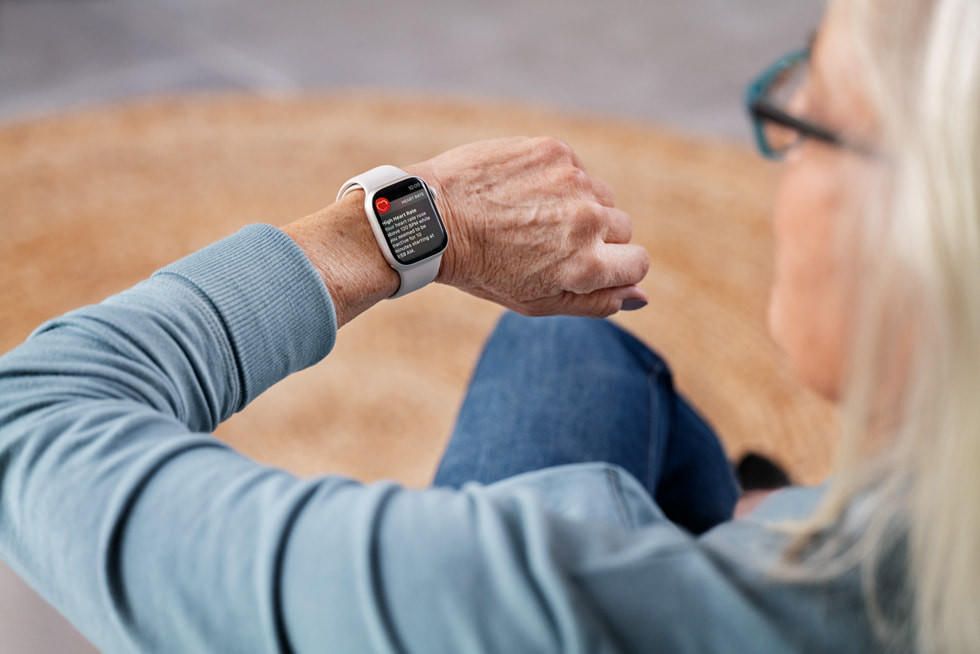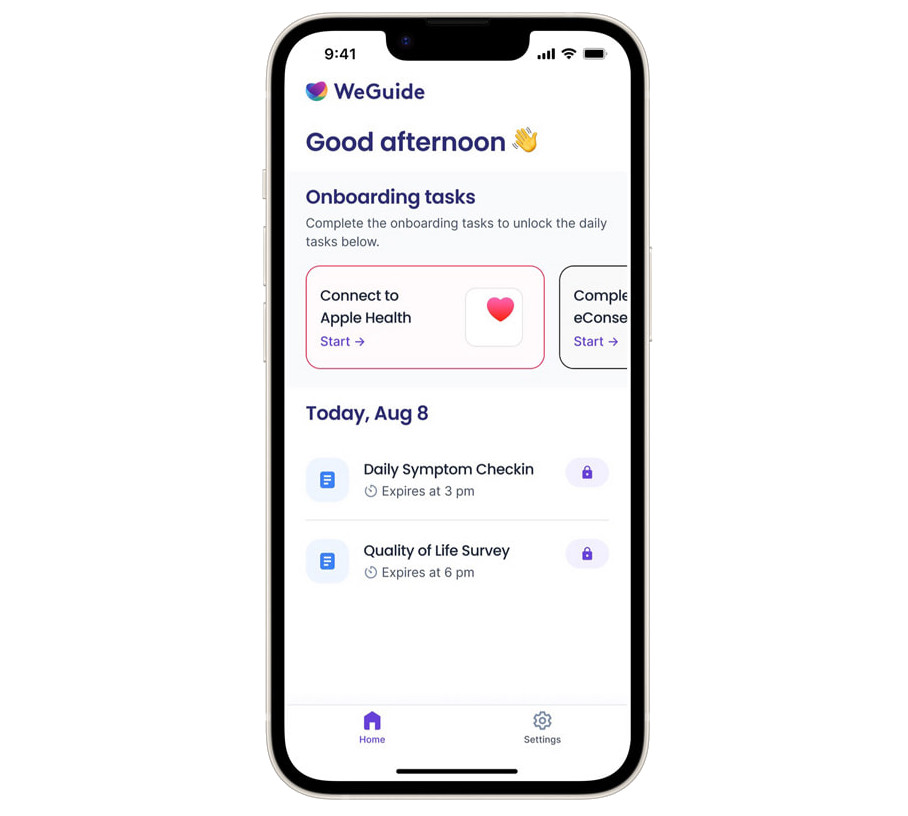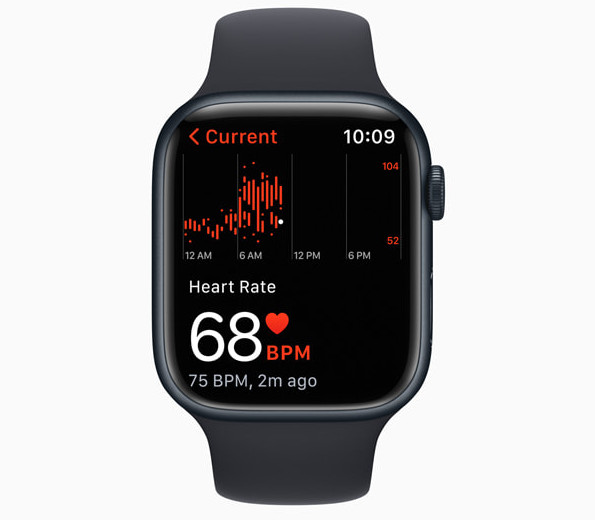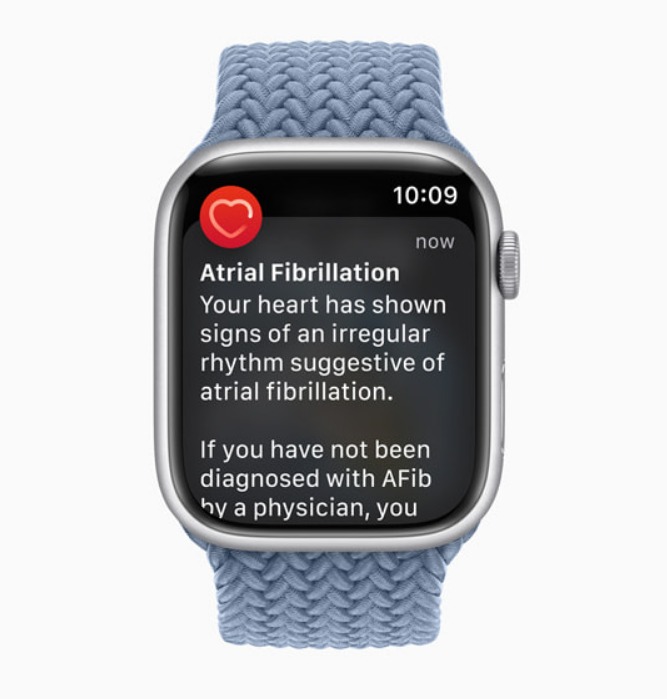
Apple has always taken its Watch series seriously, constantly improving it and making it a benchmark. Furthermore, Apple’s Investigator Support Program assists health researchers in using its smartwatch.
Since Apple launched ResearchKit and CareKit in 2015, researchers, clinicians, and developers have discovered cutting-edge new methods to study, track, and treat a wide range of conditions.
Today, Apple published an article highlighting the cutting-edge work of health researchers around the world who are using the Apple Watch to study the heart in novel ways.

Apple Watch ECG App Research in Murdoch Children’s Research Institute
Melbourne-based pediatric oncologists Associate professor Rachel Conyers and Dr. Claudia Toro study toxicities of children’s cancer treatments at the Murdoch Children’s Research Institute. They are investigating how treatment affects heart rhythm and finding novel interventions.
Dr. Conyers and her Murdoch Children’s Research Institute team will test the Apple Watch ECG app’s sensitivity in 40 children and adolescents in the coming months. Then, the team will find ways for patients to take ECGs anywhere, anytime. With those insights, the team hopes to understand cardiac toxicity and find intervention opportunities.

Reasearch on Firefighters’ Health
Dr. Cheong, who studies the social and health effects of natural disasters and climate change, intends to investigate the personal impact of wildfire smoke on cardiac health in firefighters.
Dr. Cheong of Texas A&M University, along with Drs. Brian Kim and Marco Perez of Stanford Medicine, will begin equipping firefighters with Apple Watches next month in order to study the impact of wildfire smoke on heart health.
The study intends to track heart rate and rhythm, sleep, blood oxygen levels, activity data, and other factors. Firefighters will also wear an air quality monitor and participate in surveys about sleep, activity, and wildfire smoke symptoms.
Apple Watch in detection of AFib
Dr. Sebastiaan Blok, director of eHealth at the Cardiology Centers of the Netherlands, and his colleagues are researching ways to identify AFib earlier at the Amsterdam University Medical Centers. As part of a larger project called HartWacht, the first reimbursable eHealth concept, the researchers have created a randomized controlled study.

Participants are required to take an ECG as part of the study’s protocol once every three weeks or as soon as any symptoms appear. The researchers will get in touch with the participant and give them instructions on how to take an ECG and share the results if they receive a notification of an irregular rhythm.
Within three weeks of the study’s completion, researchers were able to locate an AFib patient in the intervention group who had no symptoms. Given that some medications can affect heart rhythm, they intend to investigate how to spot potential opportunities to use the ECG app to monitor patients from home in the future.
Regarding the usage of Apple Watch in their research work, Dr. Blok said,
Apple Watch is such a widely used, reliable consumer wearable that we thought it would be a great device for us to integrate into our research to better understand how we could potentially integrate it into the larger health system.
We are continuing to grow and innovate with new opportunities, based in science and technology.